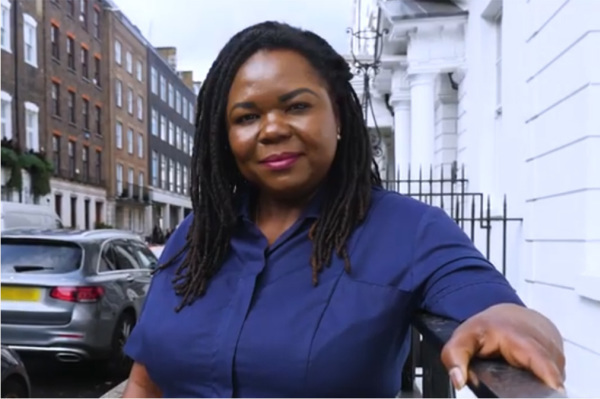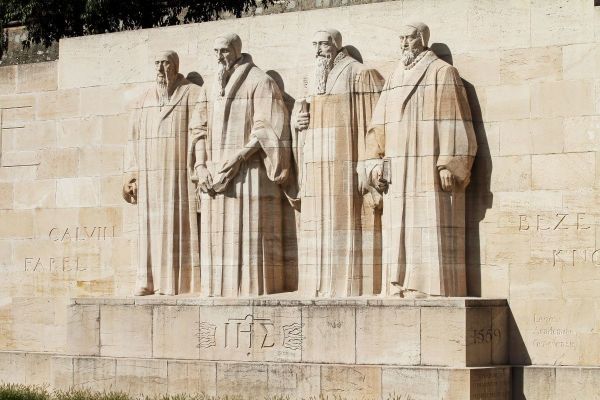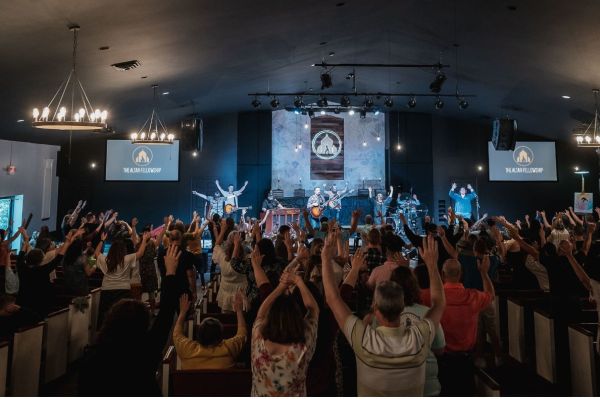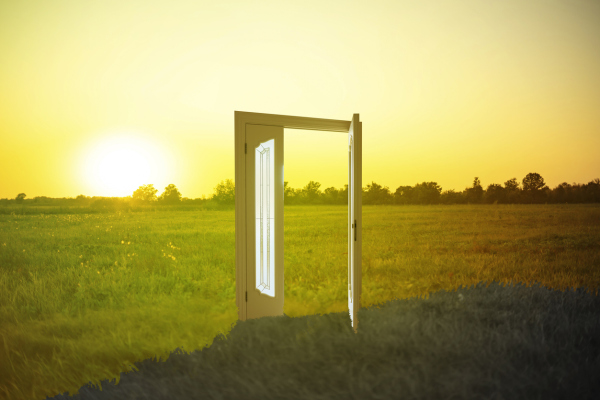'Religion Is Not Inherently a Good Thing' but Freedom of Religion Is 'Absolutely Awesome,' Says Democratic Congressman
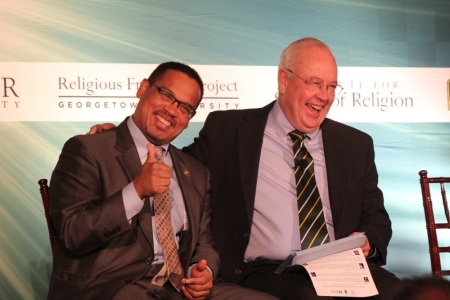
WASHINGTON — Speaking on a Thursday panel discussion on international religious freedoms at Georgetown University, U.S. Rep. Keith Ellison, D-Minn., asserted that although he thinks religion is not "inherently a good thing," the U.S. should do more to influence foreign governments into protecting the religious liberties of their citizens.
Ellison, who grew up in a Catholic household in Detroit and became a Muslim at the age of 19, was asked by Baylor University Chancellor and former U.S. Solicitor General Ken Starr to provide his definition of freedom of religion, and explain what the U.S.'s role is in promoting the freedom of religion abroad.
Ellison began by explaining that freedom of religion is the right of individuals to practice their religion, no matter how unorthodox their personal religious views might be.
As 77 percent of the world's population currently lives in religiously oppressive nations, a number of countries around the world confine freedom of religion to only the religious majority; any person practicing or professing another religious view is at risk of being persecuted, or charged with blasphemy or heresy.
"The freedom to be unorthodox, this is fundamental to religious freedom because we are all individual and unique. Although I am a Muslim, God might inspire me to understand Islam slightly different than some other Muslims," Ellison said. "Therefore, unorthodoxy is implied in any understanding of religious freedom. You must be free to be a Shiite in a predominant Sunni environment."
Although Ellison said he does not believe religion is inherently good for society, the presence of religious freedom creates a more stable social environment. He added that countries where freedom of religion is repressed are often the countries that have the most conflict and social turmoil.
"It occurs to me that religion is not inherently a good thing but the freedom of expressing it is," Ellison added. "Religion is not inherently good? Why? On one hand people like Dorothy Day, Martin Luther King, Ghandi — who are all religious people — use their faith to make the world a better place. Then, there are people who are equally devout who do things that aren't so good and we are not proud of."
"I think it kind of matters what are the most prominent values in religious expression that turn it good or not good. But freedom of religion is absolutely awesome," The 51-year-old Ellison continued. "That's an idea that teaching religion and using religion as something that promotes the common good is a good idea, as long as you have good in mind."
Ellison argued that many countries that oppress religious liberty use the notion that it's important for everyone in the nation to think alike in order to insure social stability. Ellison debunked that theory by using Somalia — the hotbed for the terrorist group Al Shabaab — as an anecdotal example of that mindset.
"It is an assumption that we need homogeneity to have social [cohesion]. 'If we are not all the same, then we won't get along.' Of course, this is ridiculous. Look at Somalia," Ellison said. "They are a homogeneous country. Everybody there is Sunni Islam. Everybody there speaks the same language and they are like the quintessential example of internal conflict. Yet, here we are in the United States, an incredibly diverse country, and you really don't see [bloodshed] over religion."
As the U.S. continues to ally with and provide foreign aid to some of the world's most religiously oppressive countries, like Pakistan and Saudi Arabia, Ellison said the U.S. should take a strong stand in its foreign policy to try and coerce those countries into changing their actions.
However, Ellison recognizes that often the U.S. has greater economic or security interests that outweigh its interest in international religious freedom.
"The reality is that no matter what anyone might say, U.S. foreign policy is always going to be a blend of our values measured against economic and political security necessity. That's unsatisfactory but it's not for the idealist," Ellison contended.
"We should make our values clear of what we believe and know what they believe. But yet, these situations have to be dealt with significant care because there are economic, political and security considerations that cannot simply be ignored."
Also speaking at the panel discussion was Katrina Lantos Swett, the former chair of the U.S. Commission on International Religious Freedom, who argued that the State Department needs to do a better job training its officials on how to advocate for religious freedom when dealing with America's most oppressive allies.
"Through my experience with human rights, and more specifically religious freedom, there has been a tendency to put [religious freedom] in its little box," Swett said. "At certain convenient moments that little box is brought out and put on the table; some nice gratitudes are said and then it is quickly put back in the corner where it can't get in the way of the real business of government and real business of foreign policy."











